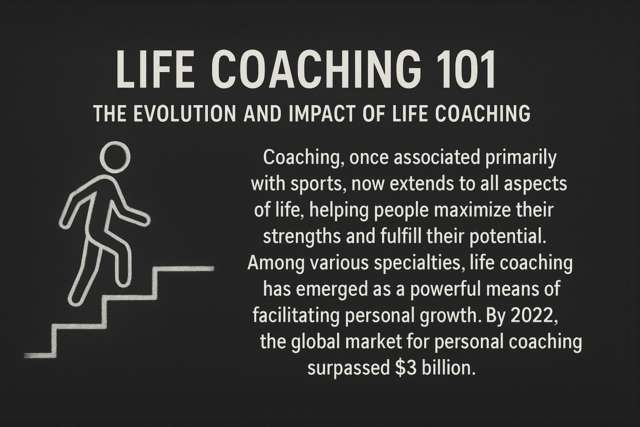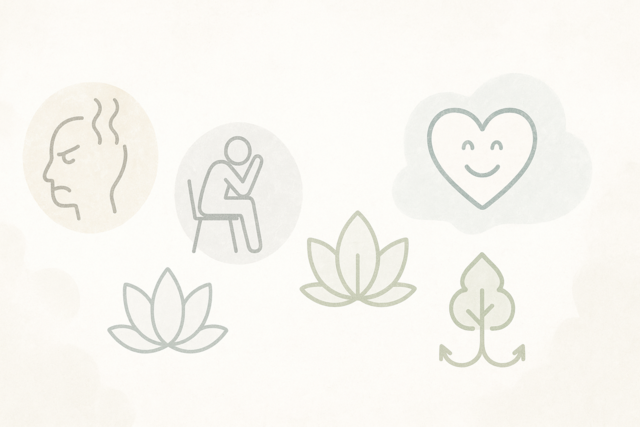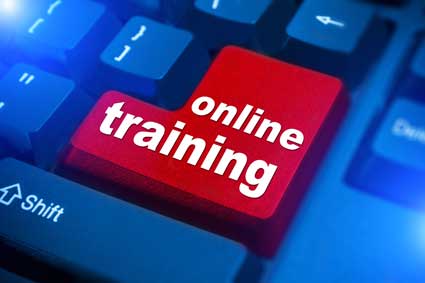Unfortunately, it takes quite a beating.
Whether it is other people that try to break you or your own doubts and fears, it is easy to understand why the idea of selling or losing your soul is so popular in literature. But it is possible to retain the you inside; it just takes diligence and forgiveness.
There are innumerable ways that you will find your spirit threatened and your soul at risk. Some people embrace early that traditional "soul" issues, like charity, forgiveness, and compassion, are secondary to their other motivations like greed, wealth, and lust. Before you dismiss these values, or if you are pondering a revival of your soul, consider the lives of people with great spirit and deep soul. We all know people that embody these concepts; too often, we dismiss them, make fun of them, or imagine ourselves to be superior to them. But way, way deep down, you also want to be as content and joyful as they are. You want to see the positives in tough situations, to know that you have the capacity to determine your own life course, and to be able to sleep at night the deep slumber of a peaceful person. Transforming yourself into a person that encompasses these wonderful characteristics is a very real challenge.
To start revitalizing your soul and bolstering your spirit, you must start to remember who you really are inside, not who others seem to think you should be. In a moment, you are going to close your eyes and ask yourself each of the following questions. Write your answers down in your notebook.
-
-
What was I like when I was 10? What characteristics did I have? Was I outgoing or shy? Did I always want to correct others when they were wrong or was I more laidback? What did I want to do with my life and why?
-
What was I like when I was 15? What values did I live? Did I spend my spare time alone or with friends? What did I believe about God and religion? Why? What did I want to do with my life and why?
-
What was I like when I was 21? What was I doing with my life? Did I go to college and did I want to? Did I work to help support my family? What did I really want to be or to go? What kind of relationships did I have? What did I want to do with my life and why?
-
What was I like 5 years ago? Where was I and why? Did I love my job or hate it? Had I started a family, was I holding out for the right person, or did I already experience the wrong one(s)? What did I want to do with my life and why?
-
What am I like today? Am I still essentially the same as when I was a child? In what ways have I grown? In what ways have I not grown that I think I should have? What do I believe about God and religion? What are my highest priorities in life? How many close relationships do I have? Is that similar to how it is been in the past? Why or why not? How would friends describe me? What about my coworkers?
Some people are very relaxed and prefer to stay out of drama or not get involved with the disputes of others. Some people choose principles over pragmatism and have to put their foot down. Some people compromise sometimes and hold fast others. Which do you do? Is this how you've always been? Is it how you want to be? Why have you changed or not changed?And finally, the biggest question: can you change to be what you want?
-
If you are religious and feel that your spiritual journey has stalled or you are having a hard time recovering from hurts and disappointments you believe have been inflicted by God, seek out support from a religious community. If you have a difficult time or are dissatisfied with the religious institution you go to or have gone to, feel free to see if there is a better fit for you. There are websites and books that can assist you in finding out what religion your individual beliefs and values actually match up with; these can help you better understand why you may not be getting the spiritual guidance you need at this time.
Vocational Living
First, we must understand the difference between a job, a career, and a vocation. Jobs are simply situations or roles in which you get paid for your labor. It can be a dream job, a day's work, or slinging French fries at Burger King. Any way you slice it, a job is what you do to get paid.
A career is, ideally, a string or sequence of jobs that share certain aspects of them in common and will lead to vertical growth. That is to say, you may have a job at Child Protective Services, then a job at your local Headstart, and then a job for an adoption agency, all of which comprise together a career of child social services. You most likely want your career to eventually lead to a "higher" level than where you are currently � usually one that comes with more responsibilities, better pay, and a level of authority.
A vocation is what you were born to do and who you were born to be. The entire concept of being your own life coach is based in the notion of living as the person you were meant to in the life you are meant to have. When you contemplate the idea of what you were born to do, does it conjure up feelings of inspiration and hope? Do you find the idea overwhelming and scary? Or is it just maybe something you feel is unlikely because you either cannot find it or you know what it is and cannot (for any number of reasons) do it?
Each of these things is important and while they can all be the same thing, for most of, most of the time, it is not. Possible ways in which two of the three might intersect without being the same thing:
-
Let's say you are in upper management at a tire company and have been for 20 years or longer, thus making it your career and your job. Now let's imagine that you are responsible for sending your twin teenagers to college next year, so you start working at a gas station during the evenings. The gas station job is just that � a job. It is not part of your career unless you make it into your career, such as then deciding to take a management position at the gas station.
-
Now let's imagine you are a passionate photographer, but it doesn't pay the bills, so you work as a veterinary assistant. You spend your weekends and evenings photographing families and special events. Photography may one day be your career, but for now it is your vocation and a second job. Being a vet assistant is your primary job.
-
Assume you feel most passionate about being a mother; you believe parenting to be your vocation. Nonetheless, you have to work outside the home part-time to make ends meet. In this case, you have a job, which may be part of a career or you may have no plans to really have a career. The most important issue is that your job allows you the freedom for your vocation � to stay at home part-time to parent and still be financially sound.
You may want for your job, career, and vocation to be the same; it is certainly a noble goal. For some people, it may simply be impossible�for now. That's why your SMART goals are designed to start with a simple step in the direction you want and then can be adapted and updated until you reach your final destination.
|
Activity Get out your journal. Write down your job, easily the most simple to identify. Write what you like about it and what you do not. Now, write down what you consider to be your career; is your job part of it? Have you started it? Are you simply not sure what you want it to be? Last, identify your vocation if you know it. If you do not that's okay � the next lesson will help with that process. But for now, if you think you know what you were born to do, whether you are doing it right now or not, write it down. Over the course of the week, spend some time thinking about this subject. When you see someone in a job, imagine if it might be just a job or more than that. Consider the people you work with � have you assumed this is their career or their vocation? What about your loved ones? Have you ever asked what they feel most passionate about? |































